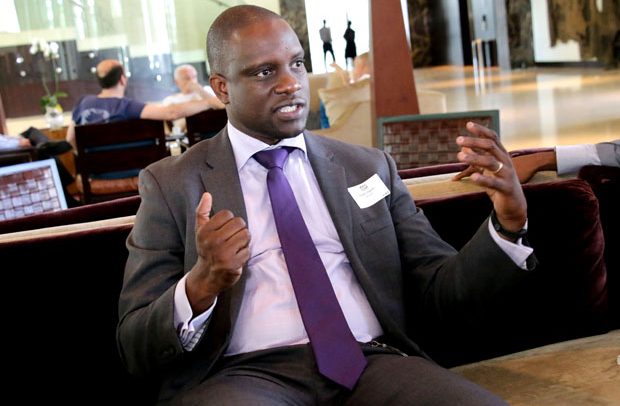Kwaku Agbesi
Notwithstanding the enormous opportunities that the internet continues to provide for businesses and individuals, accessibility and affordability of the internet are major barriers to full integration, especially in developing economies.
While available records point to an improvement in access, same cannot be said of affordability.
Available information indicates that the cost of broadband as a percentage of a country’s Gross National Product (GNP) is higher in Africa than in any other continent, a situation that has largely been attributed to the relative high cost of providing internet infrastructure in Africa.
It may sound rather paradoxical but with all her economic challenges and limited growth, Africa still pays higher for internet than any other continent. If one is allowed to predict the effect of this rather disturbing trend, then it will not be far-fetched for one to posit that improving levels as regards internet access will be meaningless to Africa unless it is linked to some considerable reduction in the cost of broadband.
This is because the sheer prices of broadband will disincentive individuals from using the internet, given the limited disposable incomes in Africa.
Broadband forum
It is with the view to unraveling some of these pressing and thorny issues regarding accessibility and affordability of broadband, specifically and the internet generally that the broadband forum was convened.
Assembling the crème de la crème in Ghana’s broadband landscape, the Broadband forum provided a unique opportunity to discuss a wide range of broadband related issues, including the issues regarding accessibility and affordability of the internet in the African context.
C-Squared
Kwaku Agbesi, Chief Sales and Marketing Officer, CSquared Limited, recently re-echoed the importance of accessible and affordable broadband for Africa, particularly Ghana.
Speaking particularly to Csquared’s contribution to the situation, Mr Agbesi noted: “As an internationally-reputed company and leader in the 3 and 4 G broadband technology, with enviable footprints in Africa, we have worked with blue-chip Internet Service Providers, including Busy, Surf line and Vodafone Uganda, among a host of others. C-squared is therefore committed to ameliorating the challenge with accessibility and affordability by adopting innovative and adaptive pricing models that encourages growth and internet usage’’
“At the heart of our innovative pricing model has been the shared infrastructure strategy. In Ghana specifically, we have five submarine cables, and quite extensive inter-city rings. Unlike the Telcos and other ISPs, whose metro fiber are tailored towards their own needs, CSquared is building a dense robust network available for all service providers,’’ he hinted.
Consistent with the company’s vision and shared infrastructure provider model, CSquared is deploying metro fiber in Accra and other two cities, connecting 3G/4G base stations, whilst providing bespoke end-user fiber backhauled services, he asserted.
Conclusion
Available statistics estimate that internet penetration in 2017 will hit a milestone height of 50 percent. Whilst this speaks volumes to the growing need for the use of internet and the improving levels of accessibility, developing economies, such as Ghana, must position themselves to leverage the enormous opportunities that accessibility portends for individuals and businesses.
In order to consolidate the gains of the 34 percent internet penetration rate in Ghana, there is an urgent need for stakeholders, including regulators, governments as well as internet service providers (ISPs) to renew their commitment to ensure that broadband internet is not only accessible and reliable, but most importantly, same is affordable in ways that does not gnaw at the limited disposable incomes of consumers.
To this end, the need for stakeholders to take deliberate steps towards encouraging CSquared’s Infrastructure and Resource Sharing model, which promises operators the best option to reduce the cost of service provision, while also maintaining a healthy stream of revenue from market growth, cannot be negotiated.
There is an urgent need to adopt this innovative model to reduce the cost of providing internet, which invariably ripple on broadband cost.
Otherwise, efforts at meeting the UN sustainable goals on affordable, universal internet access by 2020 will be undermined, if not derailed.
Mr Agbesi added that joint efforts between Google and government, operators, ISPs, civil works partners and technology partners need to be fostered to make this become a reality.
By Samuel Boadi


